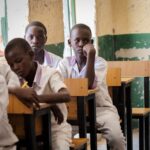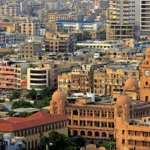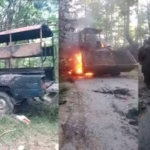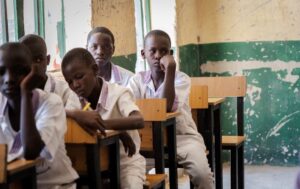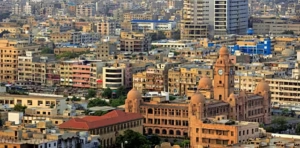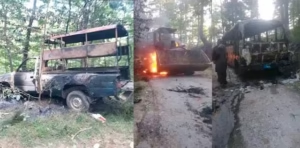At least 188 public schools have been shut down across northern Nigeria as worsening insecurity continues to disrupt education in rural and urban communities,
An investigation by Daily Trust, a National Daily in Nigeria, has revealed that many of the schools were closed after repeated bandit attacks, while others have been converted into internally displaced persons (IDP) camps or military bases.
The investigation shows that in northwestern states of the country like Zamfara 39 schools have been closed, 52 in Katsina, six each in Sokoto and in north central part of the country 6 in kaduna,55 in Benue, and 30 in Niger State were closed.
The figure however, could be higher, since many areas remain inaccessible due to security threats.
The assessment does not include schools in northeastern part of the country that have suffered prolonged Boko Haram insurgency.
In some IDP camps, classrooms have been reopened to allow children access to education. But in most rural communities, schools remain abandoned, forcing thousands of children to stay at home.
Nigeria already ranks among countries with the highest number of out-of-school children. UNICEF estimates that 10.2 million children of primary school age and 8.1 million of secondary school age are currently out of school.
The north west region have some of the highest figures of out-of-school children, with states recording at least one million children outside the classroom.
Experts warn that the crisis is creating a bleak future for Nigeria. Without urgent intervention, millions of children especially boys risk being drawn into criminality and extremist groups, while girls face increased risks of early marriage, street hawking, and sexual exploitation.
UNICEF has cautioned that every additional year a child is out of school, increases the risk of lifelong poverty and vulnerability.
As Nigeria struggles to address these crisis, the question remains: what will be the cost of inaction?



